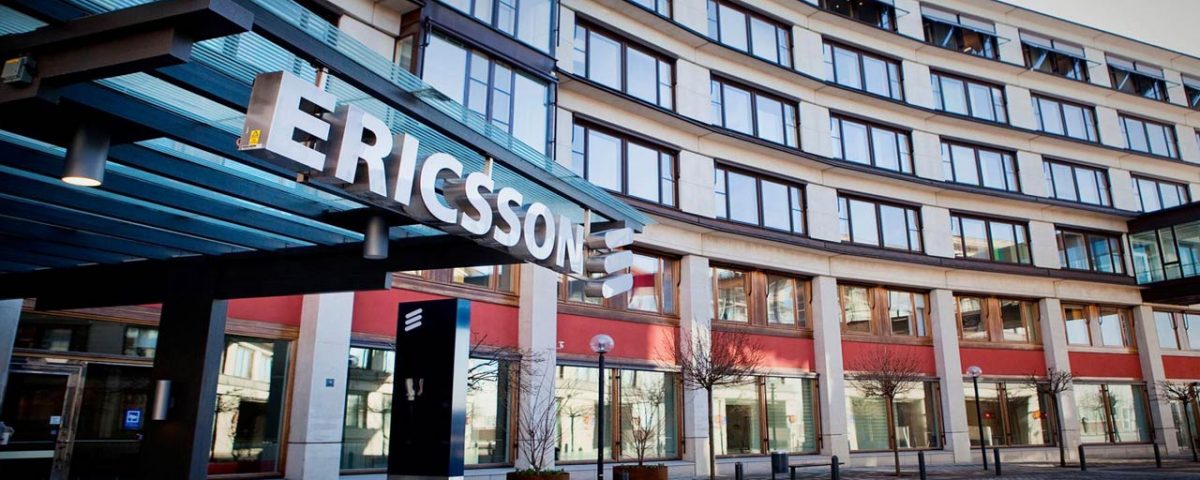World Update: Ericsson says mobile broadband boosts global GDP by 2.8%

Nigeria Update: Dangote Cement, Nestle, others lift NSE indices by N143b
October 6, 2017
Article Update: Three behavioral patterns that make small businesses fail and their counter measures
October 9, 2017As mobile broadband penetration increases by 10%, it causes a 0.6% to 2.8% rise in gross domestic product (GDP).This is according to Ericsson’s report titled “How Important Are Mobile Broadband Networks for Global Economic Development?” The report examines data from 135 countries.
Ericsson says a 0.6% to 2.8% rise in GDP translated to an equivalent of approximately $500 billion to $2 trillion worldwide in 2016.It points out that previous reports have examined fixed broadband, and researchers have only been able to estimate its effect on economic growth.
This study, on the other hand, has been able to conclude the introduction of mobile broadband has an immediate positive effect on a country’s economy, and a longer-term knock-on effect as mobile broadband gradually spreads to different economies.
“Many countries in the developing world have used mobile broadband technology to leapfrog in their economic development in the past 10 to15 years,” says Harald Edquist, master researcher in macro-economics at Ericsson Research and one of the report authors.
“I believe that if these countries, and others, continue to invest wisely in mobile broadband, they will have an excellent opportunity to continue to reap the benefits of continuous productivity improvements and new economic opportunities that simply would not be possible without mobile broadband.”
Mobile broadband networks have spread rapidly, and are set to continue doing so, says Ericsson. A recent Ericsson Mobility Report states that at the end of 2016, around 3.2 billion subscribers (out of the world’s total population of 7.4 billion) had access to the Internet via mobile broadband technology.It is forecast that an additional 2.6 billion subscribers will have mobile broadband Internet access by 2022.
According to the International Telecommunication Union, mobile broadband subscriptions have grown over 20% annually in the last five years and are expected to reach 4.3 billion globally by the end of 2017.
A GSMA study shows that in Africa, limited network coverage remains a key barrier to mobile Internet adoption. Presently, mobile broadband networks cover around 50% of the population, meaning that 600 million people in the region do not have access to a mobile broadband service.
To ensure efficient mobile broadband adoption, stable and efficient policies and regulations are essential for mobile operators to have the best conditions to roll out mobile broadband networks in underserved areas, says Ericsson. Private investment depends heavily on the regulatory climate, it adds.
“We have always challenged traditional ways of thinking. Being true to our company purpose of innovating technology for good and creating new economic opportunities, we make life better, whether through connecting people in new ways, building technologies for industries in transformation or creating a more inclusive society. This is set to continue as we enter an era of 5G, IOT and cloud network infrastructure.”

